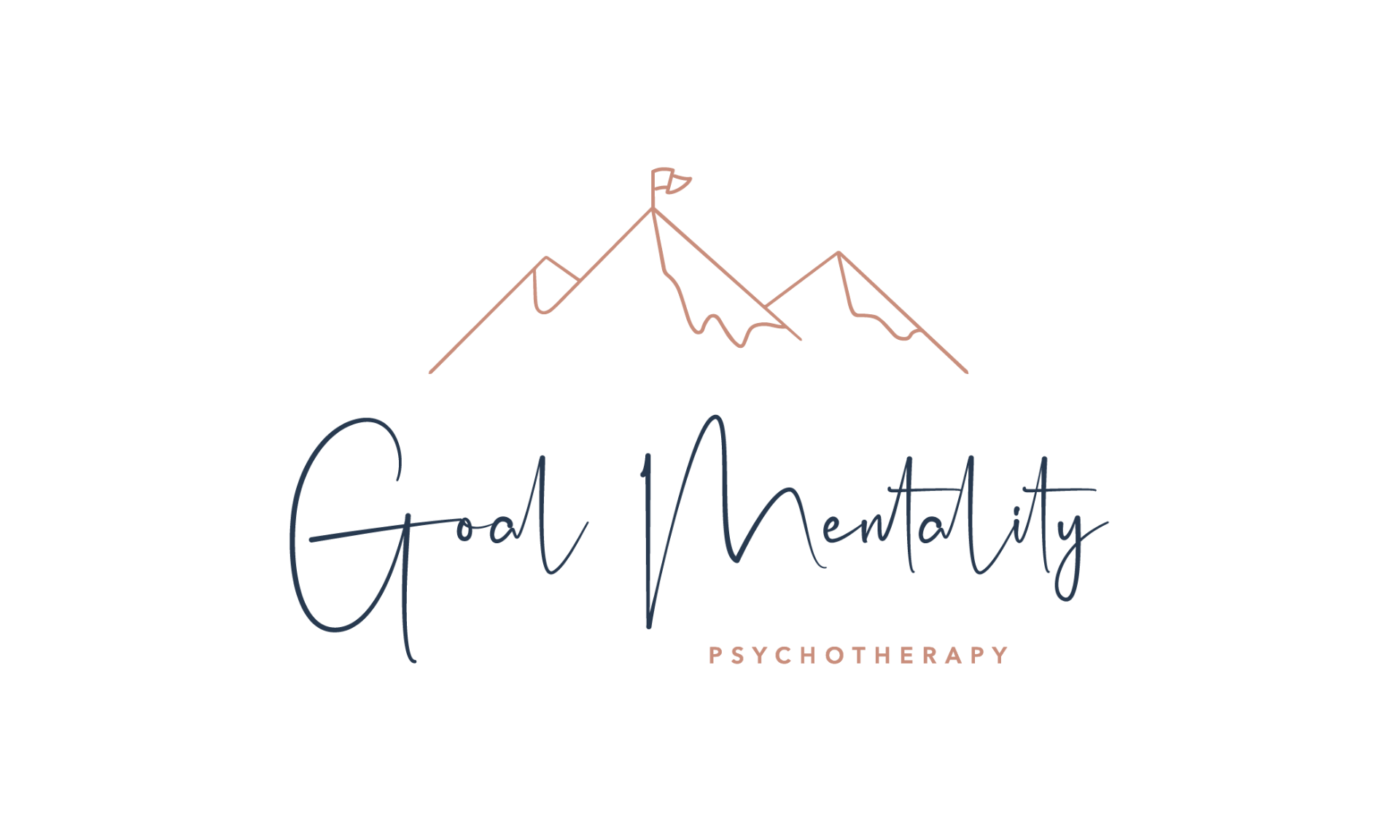Therapy for Healthcare Providers
“In the helping profession you’re never working hard enough.”
What used to be your passion has been increasingly tinted with bitterness. You sometimes look at the stuff you have to do and probably get angry. “Like, why doesn’t somebody else do some of it? Why is it just me?” You have probably found yourself- self-muttering; “they don’t want to save themselves, so why should I go out of my way?”
You are feeling totally overwhelmed by the immensity of problems and the amount of work you do every day, but you keep pushing yourself. And so recently, you may have found that the usual aches and pains of a long day’s work are now paired with a deeper, more troubling feeling: You just don’t care about what you are doing. This dullness of heart scares you. If you can’t count on your sensitivity to patients, you can’t be confident of your work.
You are suffering from burnout. Far more than feeling blue or having a bad day, burnout is a chronic problem. Burned-out people often feel exhausted and overwhelmed, or self-doubting and anxious, and even bitter and cynical. Burnout reflects an uneasy relationship between people and their work. Like relationship problems between two people, those between people and their work usually indicate a bad fit between the two, rather than just individual weaknesses, or just evil workplaces.

This is where I come in. Beating burnout is not just a matter of reducing the number of negatives. Indeed, sometimes there is not a lot you can do about the negative aspects of work. Instead, it is often more useful to think about increasing the number of positives, and of building the opposite of burnout, engagement. When burnout is counteracted with engagement, exhaustion is replaced with enthusiasm, bitterness with compassion, and anxiety with efficacy. I can help you make this happen. Give me a call.


